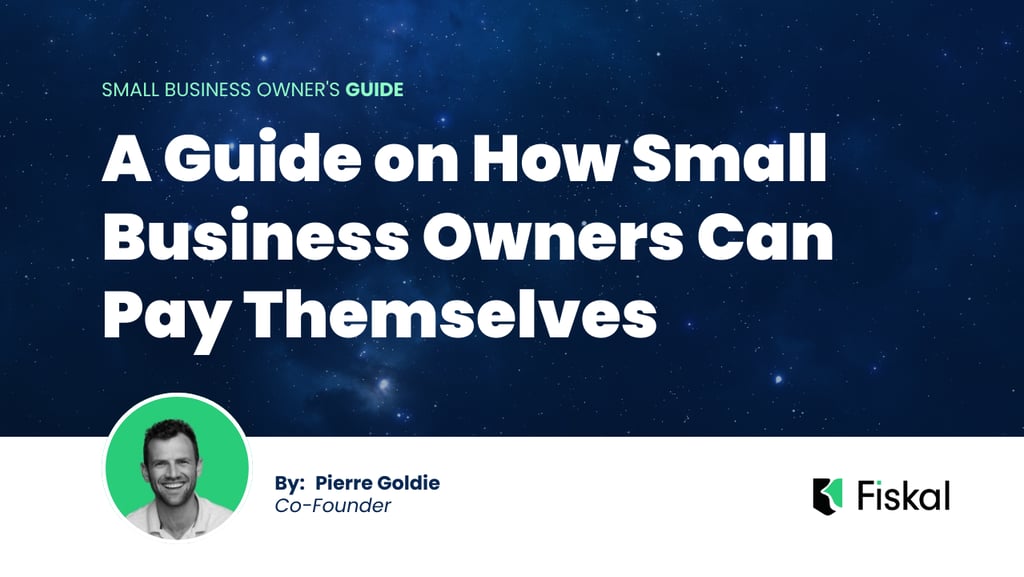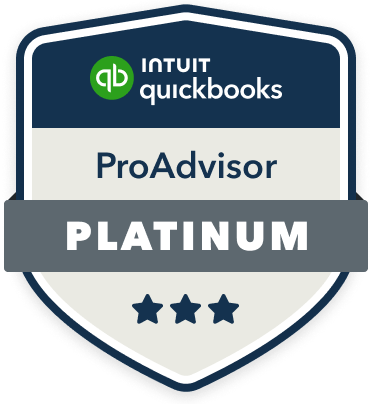A Guide on How Small Business Owners Can Pay Themselves
Running a small business is both rewarding and challenging, and one of the crucial aspects of managing your venture is determining how to pay yourself as the owner. Balancing fair compensation for your efforts while ensuring the financial health of your business requires careful planning and knowledge of various methods. This blog post will explore the best ways for small business owners to pay themselves, offering practical tips and considerations to help you make informed decisions.
SYSTEMS AND SOFTWARE


1. Understand Your Business Structure
Your business structure significantly impacts how you can legally pay yourself. Here’s a quick overview of the most common structures:
Sole Proprietorship:
You can withdraw money directly from your business profits.
These withdrawals are not considered a salary but owner’s draw.
Partnership:
Partners can take distributions of the profits according to the partnership agreement.
These are also considered draws and not salaries.
Limited Liability Company (LLC):
Single-member LLCs typically take owner’s draws similar to sole proprietors.
Multi-member LLCs distribute profits based on the operating agreement.
S Corporation:
Owners receive a salary and can also take dividends.
Salaries must be “reasonable compensation” for the work performed.
C Corporation:
Owners are paid as employees and receive a salary.
Can also receive dividends from company profits.
2. Determine Your Compensation Method
Based on your business structure, choose one of the following methods:
Owner’s Draw:
Common for sole proprietorships, partnerships, and LLCs.
Draw money from the business profits as needed.
No taxes withheld at the time of the draw, but you pay taxes on profits through personal income tax.
Salary:
Common for S corporations and C corporations.
Pay yourself a regular paycheck with taxes withheld.
Helps separate personal and business finances and ensures compliance with IRS regulations for reasonable compensation.
Dividends/Distributions:
Additional payments from business profits.
For S corporations and C corporations, dividends are paid from after-tax profits.
These are typically taxed at a lower rate than regular income.
3. Set a Reasonable Compensation
Determining what is reasonable compensation involves considering the following factors:
Industry Standards: Research what others in similar positions and industries are earning.
Business Profitability: Ensure your business can afford to pay you without jeopardizing its financial stability.
Personal Needs: Consider your personal living expenses and financial obligations.
4. Plan for Taxes
Understanding the tax implications of how you pay yourself is crucial:
Owner’s Draw:
Taxes aren’t withheld at the time of the draw, but you’ll pay self-employment taxes on the business’s profits.
Estimate quarterly tax payments to avoid penalties.
Salary:
Taxes are withheld from each paycheck, simplifying tax time.
Ensures compliance with payroll tax requirements.
Dividends/Distributions:
Taxed at a lower capital gains rate.
Ensure you maintain enough profits in the business to cover these payments.
5. Maintain Financial Discipline
Separating personal and business finances is essential for clarity and compliance:
Separate Accounts: Keep personal and business bank accounts separate to avoid commingling funds.
Budgeting: Create a personal budget based on your expected compensation.
Financial Records: Maintain accurate records of all draws, salaries and distributions.
6. Revisit Compensation Regularly
As your business grows, your compensation strategy might need adjustments:
Review Financials: Regularly review your business’s financial health and profitability.
Adjust Compensation: Increase or adjust your salary or draws based on business performance.
Consult Professionals: Work with accountants or financial advisors to ensure your compensation strategy remains effective and compliant.
Conclusion
Paying yourself as a small business owner involves understanding your business structure, choosing the appropriate compensation method, setting a reasonable compensation level, planning for taxes, maintaining financial discipline and regularly revisiting your strategy. By carefully managing how you pay yourself, you can ensure a sustainable approach that supports both your personal financial needs and the ongoing success of your business. With thoughtful planning and professional guidance, you can navigate the complexities of owner compensation and focus on growing your enterprise..












